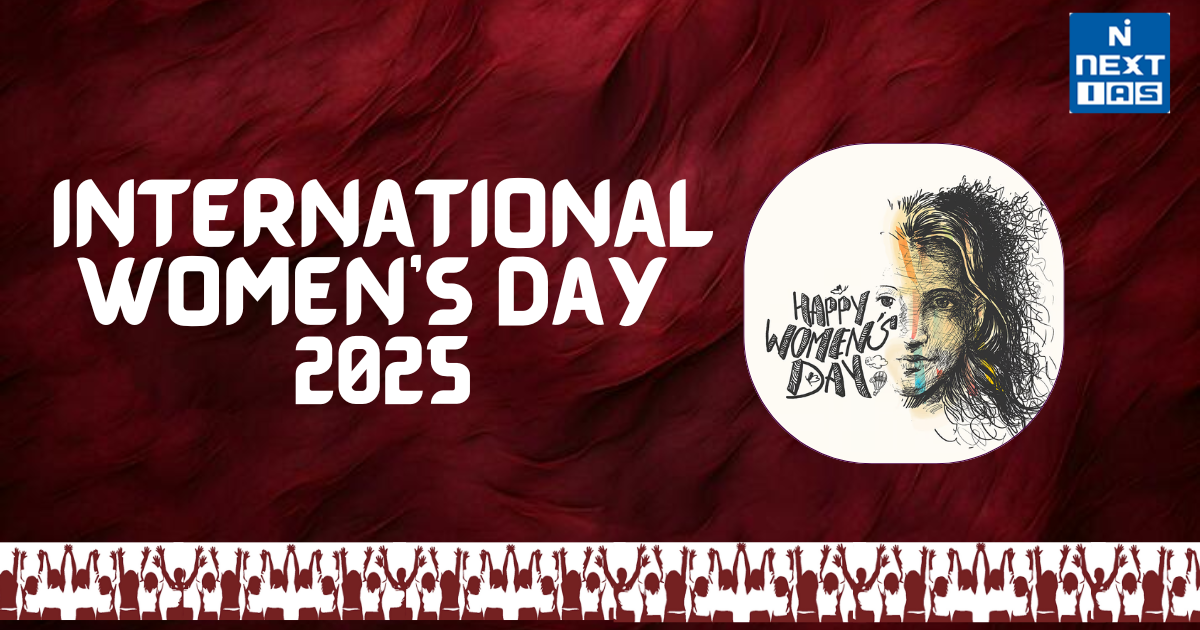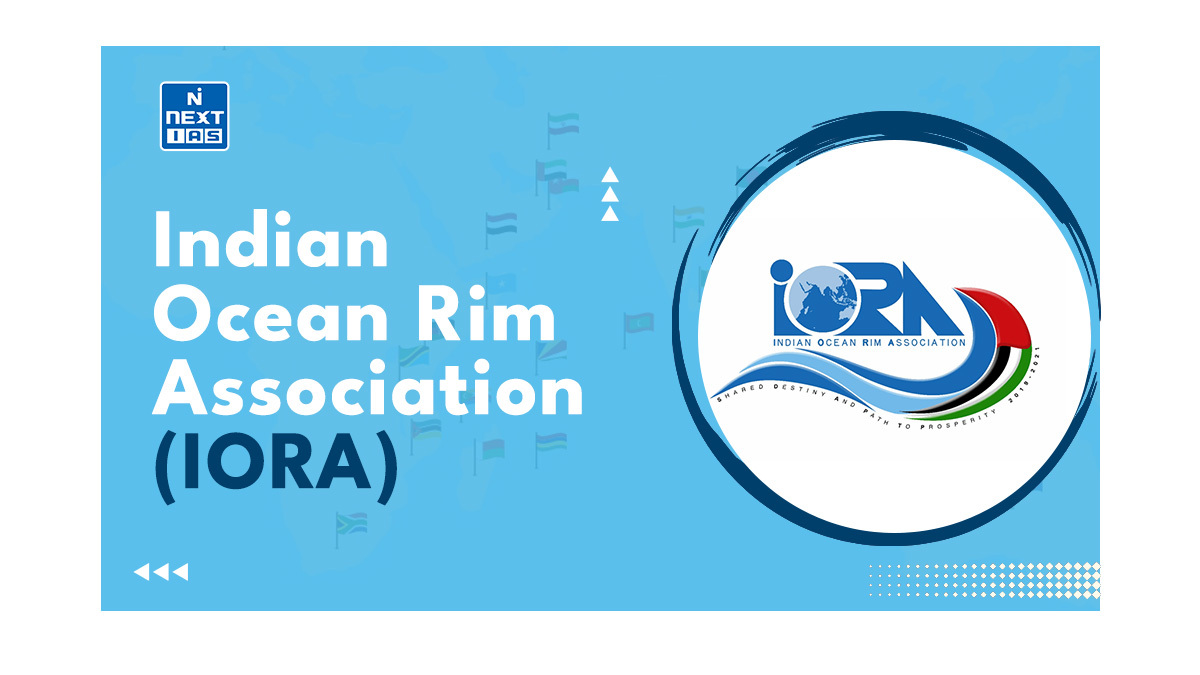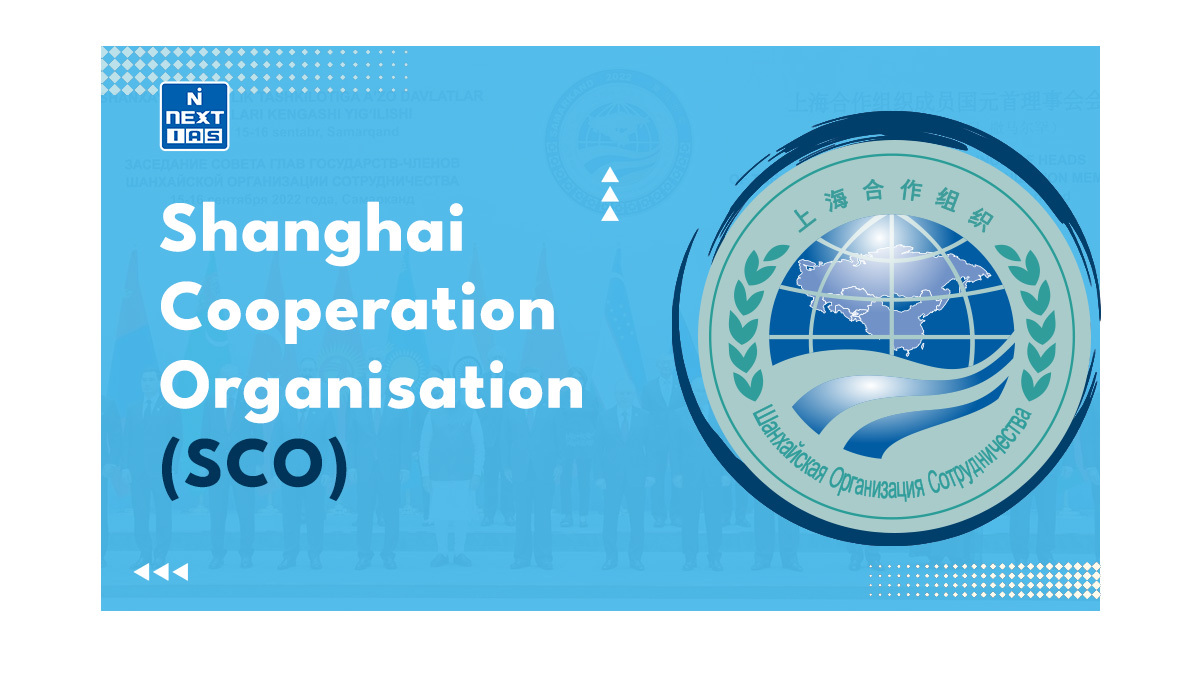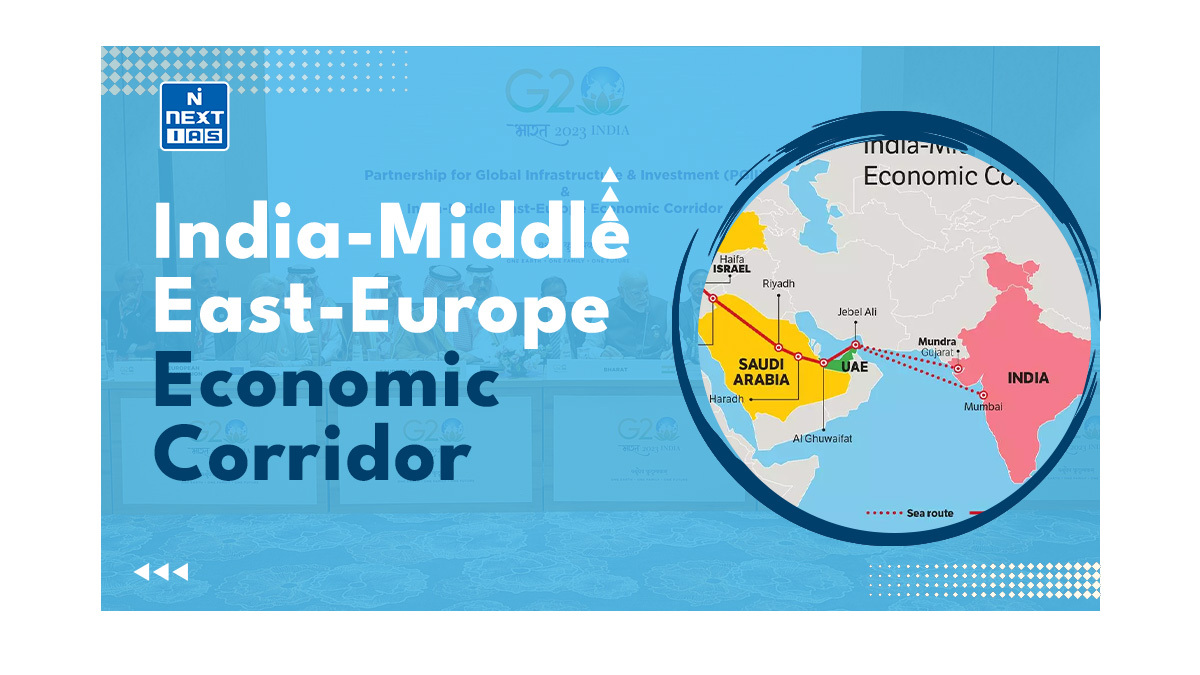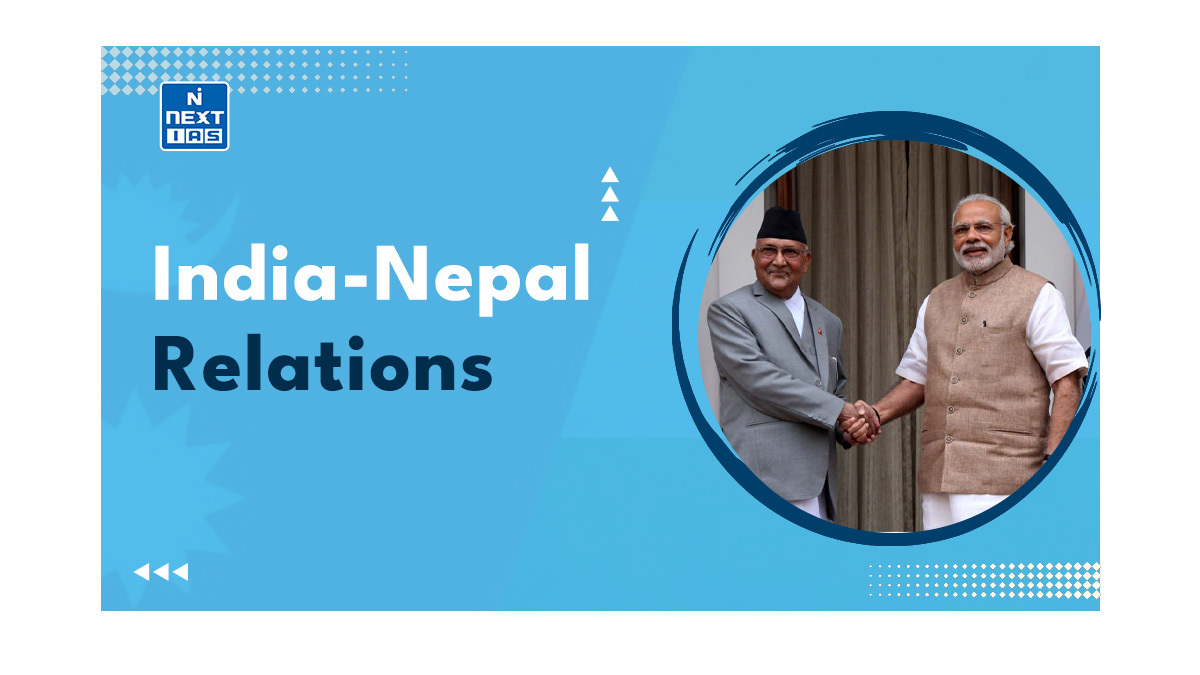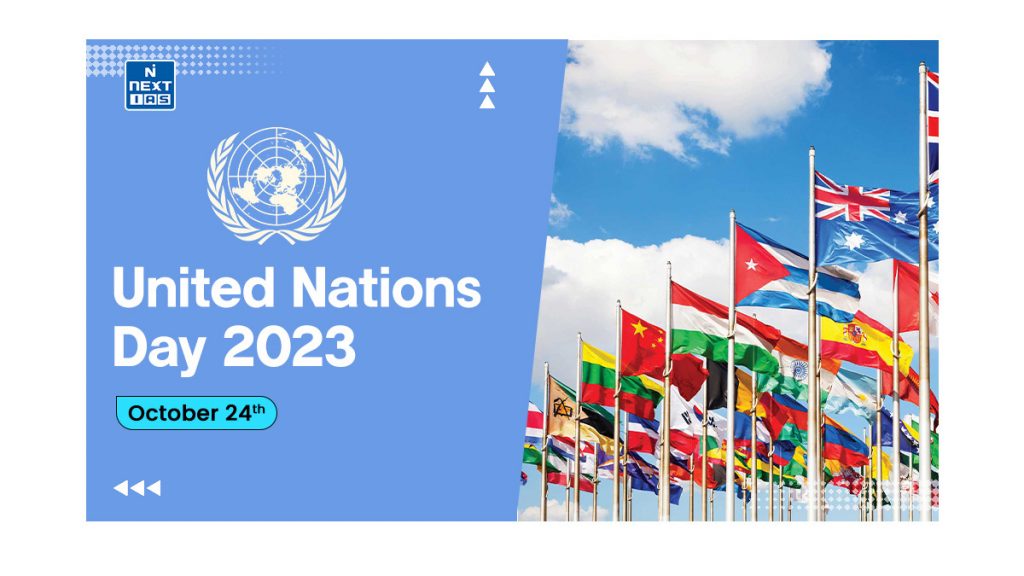
October 24 is celebrated as United Nations Day to commemorate the anniversary of the official creation of the United Nations through the 1945 UN Charter. This article deals with the relevance of the United Nations. This article aims to provide a comprehensive overview of the United Nations Day 2023 and Its Theme, Finance and the Contribution of UN.
About the United Nations Day
- United Nations Day commemorates the date that the UN Charter was ratified in 1945.
- The United Nations came into being with the majority of its signatories, including the five permanent members of the Security Council, ratifying its founding document.
- The legitimacy, convening power, and normative impact of the United Nations are unmatched by any other international body.
- No other international organization offers as many people hope for a better world and can bring about the future we want.
- There has never been a time when it was more important for all nations to unite and fulfil the promise of the nations united.
Theme of the United Nations Day 2023
“Equality, Freedom, and Justice for All”
Why do we celebrate United Nations Day?
- The celebration of diversity on United Nations Day is significant and recognized the diversity of cultures, faiths, and tongues found around the world. On this day, countries join forces to promote concepts of harmony and peace among individuals from different origins.
- On October 24th, we observe the establishment of the United Nations, an organization renowned for its efforts in providing humanitarian aid, maintaining peace, and promoting global cooperation. This annual commemoration serves as a reminder of the importance of:
- Diversity
- The cooperative spirit among nations
- Equality
- Peace
- Unity
- Universal respect for justice and international law
- Human rights, fundamental freedoms
Relevance of United Nations Day
- UN Day recalls the principles that the United Nations upholds, such as humanity, solidarity, and global peace.
- United Nations Day celebrates to acknowledge the efforts of doing tireless works.
- To protect humanity from the horrors of war and also to be aware of the tragic incidents, this day is marked as United Nations Day.
What is the UN?
- A multinational organization called the United Nations (UN) was established in 1945. Currently, there are 193 Member States of United Nations.
- It has many specialized agencies to carry out its mission and operate in accordance with the goals and tenets stated in its founding Charter.
- Its duties include upholding international law, preserving world peace and security, as well as defending human rights while also providing humanitarian relief and advancing sustainable development.
Official Languages of the United Nations
- There are six official languages of the United Nation are as follows: –
- Arabic
- Chinese
- English
- French
- Russian
- Spanish
Finances of the United Nations
- Member States make payments in accordance with an established scale of assessments. This scale is determined by the population size, national revenue, and ability of a country to pay.
- The top four contributors are the United States, Japan, China and Germany.
What is the UN contribution to the world?
- Preventing Nuclear Proliferation
- International Atomic Energy Agency (IAEA) was established in 1957 as an autonomous organization within the United Nations system.
- It has been the world’s nuclear inspector for more than 50 years. IAEA make sure that nuclear material under safeguards is solely used for peaceful purposes. More than 180 States currently have safeguards agreements with the Agency.
- Maintaining Peace and Security
- Over the past 60 years, the United Nations has been able to restore quiet, enabling many countries to recover from violence by dispatching peacekeeping and observer teams to the world’s trouble regions.
- Supporting Disarmament
- UN support the disarmament efforts through –
- The Chemical Weapons Convention-1997 The Mine-Ban Convention-1997The Arms Trade Treaty-2014
- UN peacekeepers forces to implement disarmament agreements between warring parties.
- UN support the disarmament efforts through –
- Promoting Development
- The Millennium Development Goals (MDG) have served as a framework for raising living standards, human capabilities, and potential worldwide since 2000.
- The UN Children’s Fund (UNICEF) works in more than 150 countries, focusing primarily on child protection, immunization, girls’ education, and emergency aid.
- The UN Development Programme (UNDP) supports more than 4,800 projects to combat poverty, encourage good governance, deal with crises, and protect the environment.
- Economic Development
- UN Conference on Trade and Development (UNCTAD), an organization of the United Nations, assists developing nations in maximizing their trade possibilities.
- The World Bank has funded more than 12,000 projects in more than 170 countries since 1947 and lends and gives money to developing nations.
- Global Think Tank
- The UN Statistics Division is the centre of the global statistical system, gathering and disseminating data on global economic, demographic, social, gender, environment, and energy trends.
- The UN Population Division is a foremost source of information and research on global population trends, producing up-to-date projections and demographic estimates.
- Historic Architecture and Natural Sites Protection
- The UNESCO has assisted 137 nations in protecting historic, cultural, and natural sites.
- In order to protect cultural assets, cultural diversity, and exceptional natural and cultural places, it has negotiated international accords.
- More than a thousand of these locations have been named World Heritage Sites due to their remarkable universal importance.
- Environment Protection
- Climate change is a global problem that demands a global solution. The Intergovernmental Panel on Climate Change (IPCC), which brings together 2,000 leading climate change scientists, issues comprehensive scientific assessments every 5-6 years.
- Initiative on Human Rights
- UN General Assembly adopted the Universal Declaration of Human Rights in 1948.
- It has helped to enact dozens of legally binding agreements on political, civil, economic, social and cultural rights.
- UN human rights bodies have focused world attention on cases of torture, disappearance, arbitrary detention and other violations.
Other Initiatives of United Nations
- Assisting and safeguarding 117 million individuals who are fleeing war, famine, and persecution.
- Providing food and aid to 160 million individuals in more than 120 countries and territories. Supplying vaccines to 45% of the world’s children, contributing to saving 3 million lives annually.
- Collaborating with 196 nations to limit the global temperature increase to less than 2°C /3°F.
- Maintaining peace with a presence of 87,000 peacekeepers engaged in 12 operations worldwide.
- Addressing the global water crisis that affects over 3 billion people across the globe.
- Safeguarding and promoting human rights globally through the implementation of 80 treaties/declarations.
- Coordinating a US$55 billion appeal to address the humanitarian needs of 248 million people.
- Utilizing diplomacy to prevent conflicts by assisting approximately 50 countries each year with their elections.
- Supporting over 30 million women annually by providing sexual and reproductive health services.
- The 2030 Agenda for Sustainable Development, adopted by all United Nations Member States, serves as a shared blueprint for achieving peace and prosperity.
What is India’s Role in the UN?
- India played a significant role in the formation of the United Nations (UN) and its subsequent activities. As one of the original members of the League of Nations, India gained automatic entry to the UN due to its participation in the Treaty of Versailles in 1919.
- In 1944, India, along with other original UN members, signed the Declaration by United Nations in Washington D.C. This declaration laid the foundation for the establishment of the UN and United Nations Day. The United Nations Charter, which was signed by 50 countries in 1945, formalized the UN’s existence.
- India actively raised concerns about issues such as colonialism, apartheid, and racial discrimination as early as 1946.
- In fact, India was the first country to bring the issue of apartheid and discriminatory treatment of Indians in South Africa to the attention of the UN.
- India also played a vital role in the drafting of the Universal Declaration of Human Rights in 1948.
- However, India’s experience with the UN has not always been positive. In the case of the Kashmir issue, India’s faith in the UN and its adherence to its principles proved costly, as the organization appeared to be influenced by pro-Pakistani powers.
- India also recognize and aware the people of the objective of United Nations goals and its achievements on United Nations Day.
UN Contribution to India
- The UN agencies, offices, programs, and funds operating in India form one of the largest UN field networks worldwide.
- The Asian and Pacific Centre for Transfer of Technology (APCTT), established in 1977 in New Delhi, is a regional institute of the United Nations Economic and Social Commission for Asia and the Pacific (UNESCAP).
- Its primary focus is on the entire Asia-Pacific region. The centre’s activities revolve around technology information, technology transfer, and innovation management.
- The Food and Agriculture Organization (FAO) initiated its operations in India in 1948 with the aim of revolutionizing the country’s food and agricultural sectors through technical assistance and policy support.
- Over time, FAO’s involvement has expanded to encompass issues such as food access, nutrition, livelihoods, rural development, and sustainable agriculture.
- With the adoption of the Sustainable Development Goals (SDGs), FAO’s efforts in India will primarily concentrate on promoting sustainable agricultural practices.
Therefore, UN has played a significant part in fostering a more civil, peaceful, and secure human civilization now than it was during the Second World War. The United Nations has a huge responsibility to humanity as the largest democratic organization in the world, helping to promote democratic societies, develop the economies of those living in extreme poverty, and protect the Earth’s ecosystem in light of climate change.
Thus, to sum up it can be said that the United Nations is a symbol of hope for global unity and to mark this unity United Nations Day is recognized. On the other hand, there is also a need in a today’s era for all countries to come together on United Nations day, to fulfil the promise of the nations united.
Source: United Nations Day
Further Reading: United Nations Reforms
GS - 2